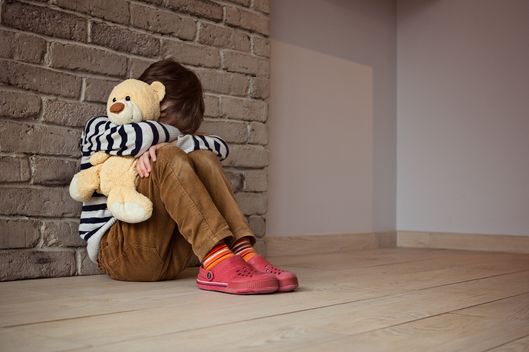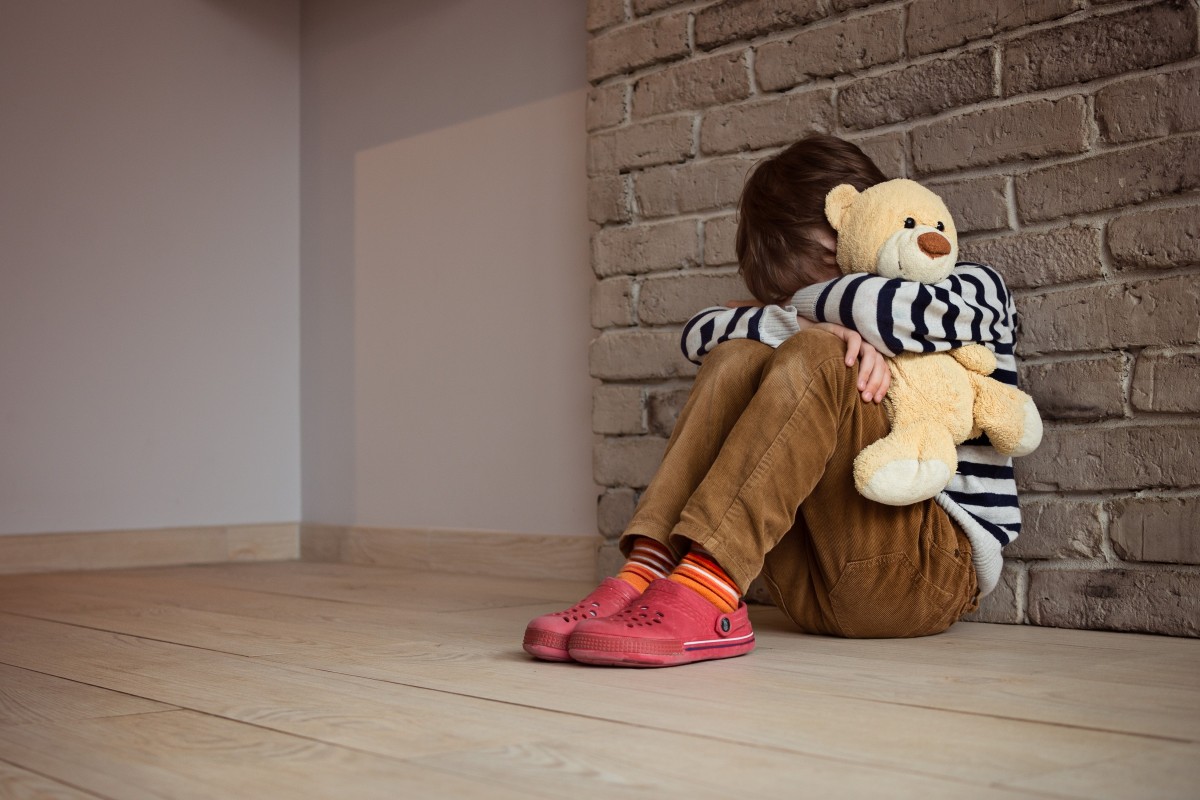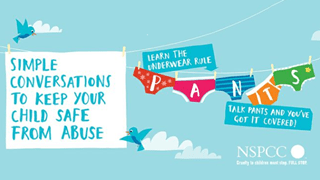More likely to experience abuse?
"Children with disabilities are more likely to experience abuse than non-disabled children,yet the abuse is less likely to be reported"
(Miller and Brown, 2014).
Some disabled children have difficulty reporting concerns or abuse. Many of the ways open to children, such as telephone helplines, are not accessible to all disabled children.
There are a number of other factors that may prevent us from recognising the signs and reporting our concerns.
These are:
- dismissing the signs – signs and indicators of possible abuse are attributed to a disability/medical condition and remain unexplored
- over-reliance on the part of the parent or carer as the child’s advocate who may lose sight of the child’s own needs and wishes
- assumptions – thinking that a child with a disability is unlikely to be abused or that they cannot be a credible witness, or that action cannot be taken without a verbal disclosure of abuse so there is no point in reporting the concern
- tolerance of abuse due to disability – actions that would be seen as abusive towards a non-disabled child are tolerated in the case of a child with a disability.
Grooming of adults/young people with an intellectual disability
Staying safe online has never been more important.
For some adults who have a developmental disorder, such as autism, or an intellectual disability, navigating the internet safely and legally can be complex. They can be at greater risk of both being groomed and finding themselves (often unwittingly) viewing sexual images of under 18s.
That’s why, in partnership with Fife Adult Support and Protection, Stop It Now! Scotland has developed these easy read resources to educate and raise awareness of the dangers of online grooming and the inappropriate use of child images.
Dangers of online relationships (PDF)
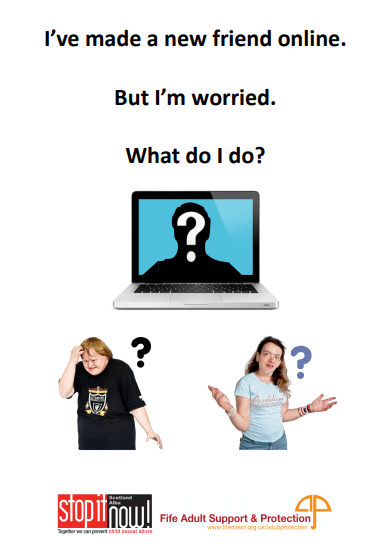 |
This leaflet helps people to: - Understand how groomers use to exploit vulnerable people - Stay safe online - Get help |
Danger of looking at Sexual images on-line (PDF)
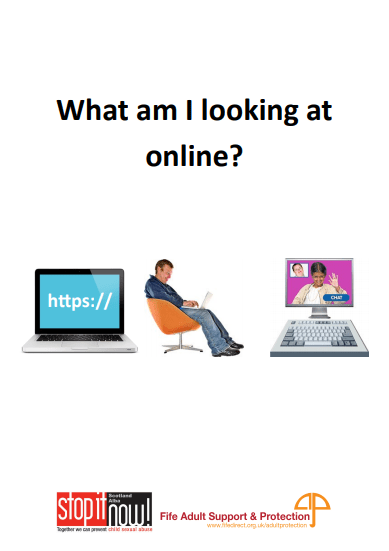 |
This leaflet helps people to: - Understand what type of image is inappropriate - Know the legal and personal consequences - Get help |
A guide for parents of children and young people who have got into trouble online’ (PDF).
|
This leaflet is a guide for parents of children and young people who have got into trouble online. It is an Easy Read version of our "Whats the problem?" booklet |
Children and young people with Autism
Autistic children and young people may be at higher risk of being abused than others.
More information can be accessed by clicking on our Children and young people with Autism page or the image below
Parents and carers with learning disabilities
|
|
The NSPCC have created a very useful booklet for parents and carers with learning disabilities to talk about sexual abuse |
|
NSPCC Love Life: resources for young people with learning disabilities may be a useful resource for some children
|
|
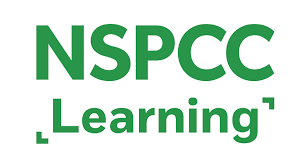 |
NSPCC have created a podcast that focuses on the needs of parents of children with disabilities and how they can protect them from abuse. |
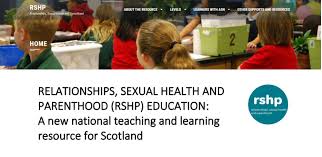 |
A list of programmes and resources for parents and professionals supporting children with additional support needs around sexual health, relationship and parenting can be found at rshp resource |
Did you know?
Disabled children are more likely to be abused than non-disabled children
Source - Jones, L. et al (2012) Prevalence and risk of violence against children with disabilities: a systematic review and meta-analysis of observational studies.
Read more